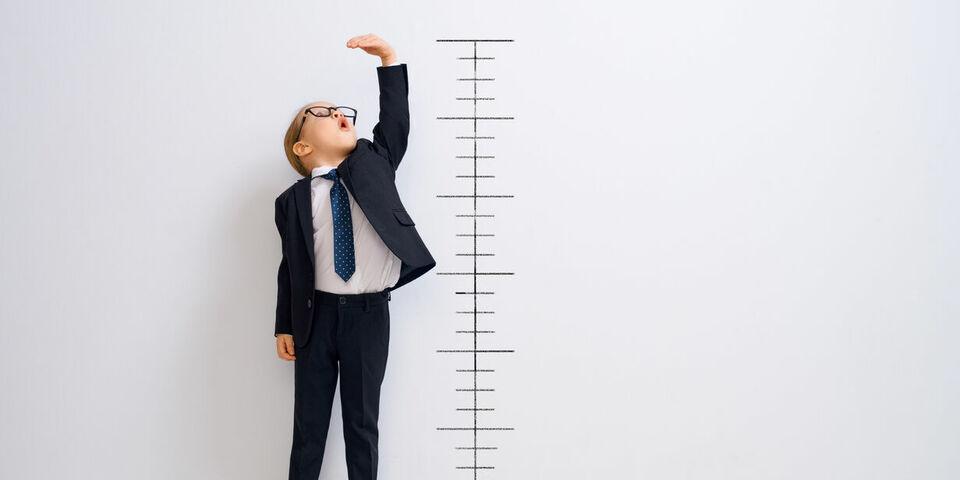No wave of freshmen next year
Next year, universities also seem to attract slightly fewer first-year undergraduate students. This is against expectations, given the return of the basic student grant. Looking at the pre-registrations in the BI Portal of the TU/e, there still seems to be an increase for the Eindhoven University.
In theory, study selectors must apply for a bachelor's degree in higher education before May 1. For programs with selection, this must be done even earlier. So in early May it usually becomes clear what the trend is for next year. It doesn't make much difference, but universities currently have 1.6 percent fewer pre-registrations than at this time last year. It's about two thousand potential students.
In the BI Portal of the TU/e (only accessible via intranet) you can see that the number of pre-registrations for TU/e bachelor programs has grown by about 670 compared to a year earlier around this time. This is no indication of how many freshmen will eventually start, because there are still all kinds of factors that can prevent them from applying, such as failing their final exams or choosing to study elsewhere in the Netherlands. A large part of the international applicants for a TU/e-bachelor, of which there are now almost twice as many as Dutch applicants, 4018 to 2124 to be exact, will not all eventually choose Eindhoven either.
Colleges' bachelor's degree programs are down 0.9 percent, with more than 1,200 fewer preliminary applications. This is offset by growth in two-year associate degrees, which have an additional 1,700 applications for now.
Everything can still be
As already mentioned, anything can still happen. At this time last year, universities counted 108,000 provisional applications, while only 60,000 new undergraduate students ended up applying.
So a good portion drop out. The same thing always happens in higher education. Of the 141,000 provisional applicants, only 91,000 remained. That's a whopping fifty thousand fewer.
"It is indeed true that pre-registrations are currently slightly down compared to last year," acknowledges university association UNL. "But it is too early for us to draw conclusions or guess at the causes at this point." Colleges also attribute a low predictive value to pre-enrollments.
Dip
Yet expectations were different. Last year's dip would only be temporary, some administrators thought. Some young people simply postponed studying for a year because they would receive a basic scholarship again from September 2023. But a "surge" of students in September 2023 does not seem to be a reality at this point. The first counts of actual enrollment usually come in late October. After corrections and checks, final figures then follow in the spring.
A decline in the number of undergraduate students is on the horizon for colleges anyway. That is one of the issues Education Minister Robbert Dijkgraaf wants to address in his announced "future exploration.
But colleges do offer more and more Ad degrees, which are meant to be studies in between MBO-4 and college bachelor's degrees. These two-year associate degrees continue to grow. In fact, they are now 22 percent in the plus.


Discussion